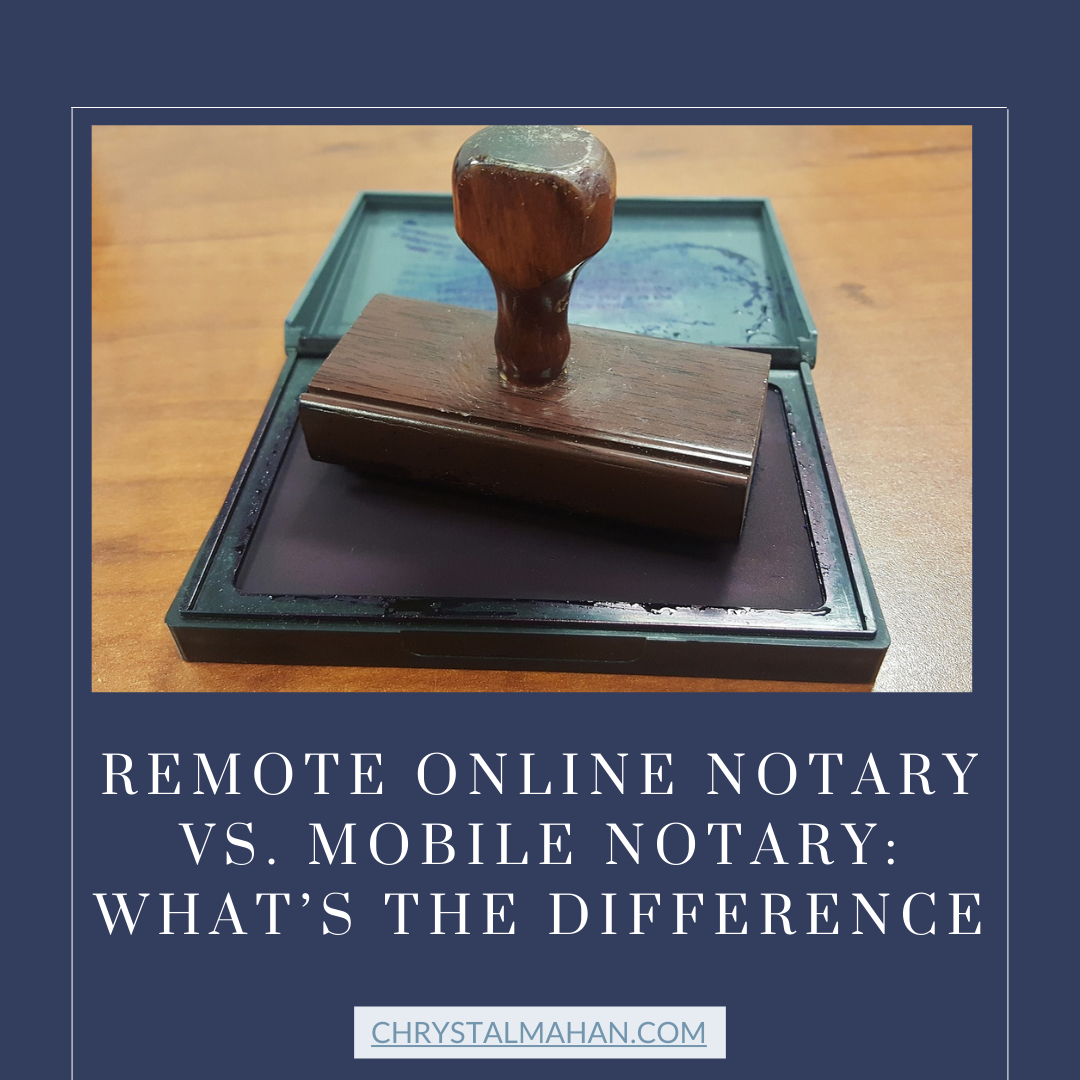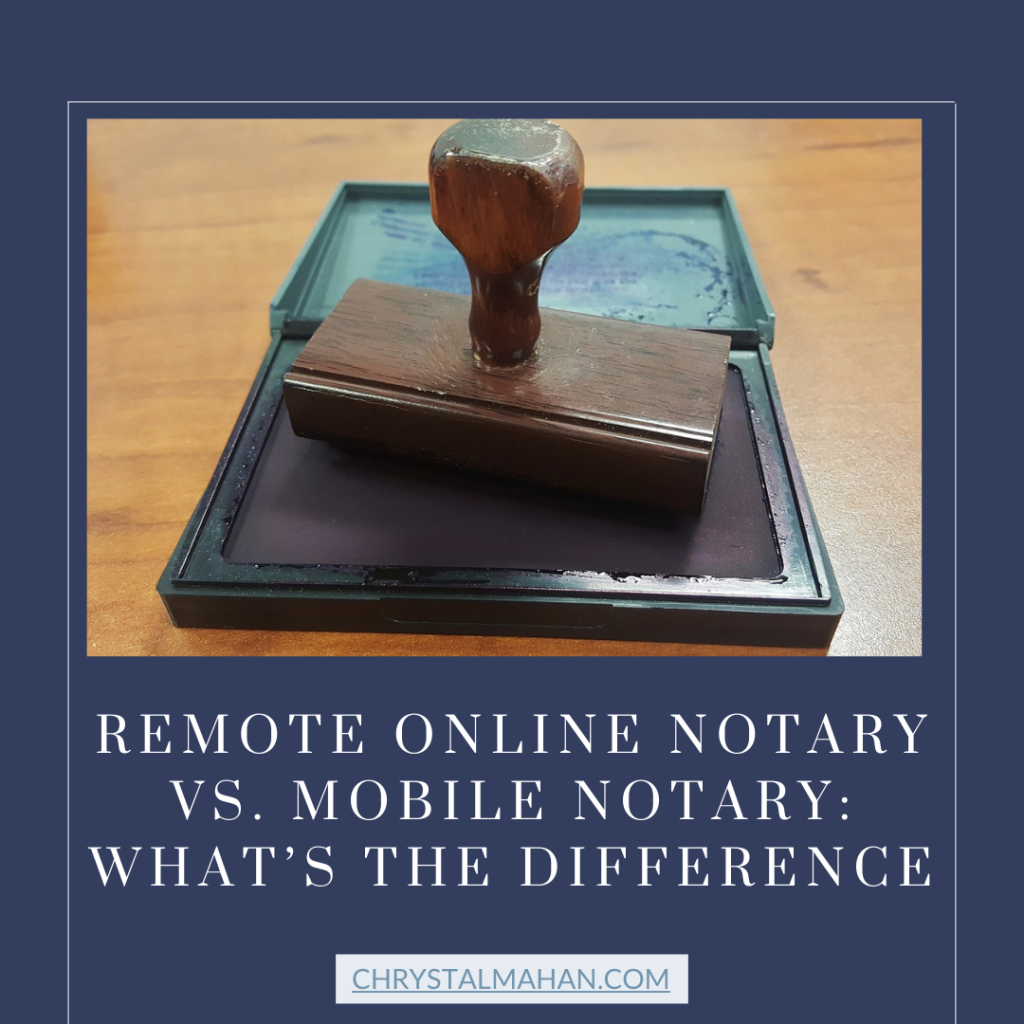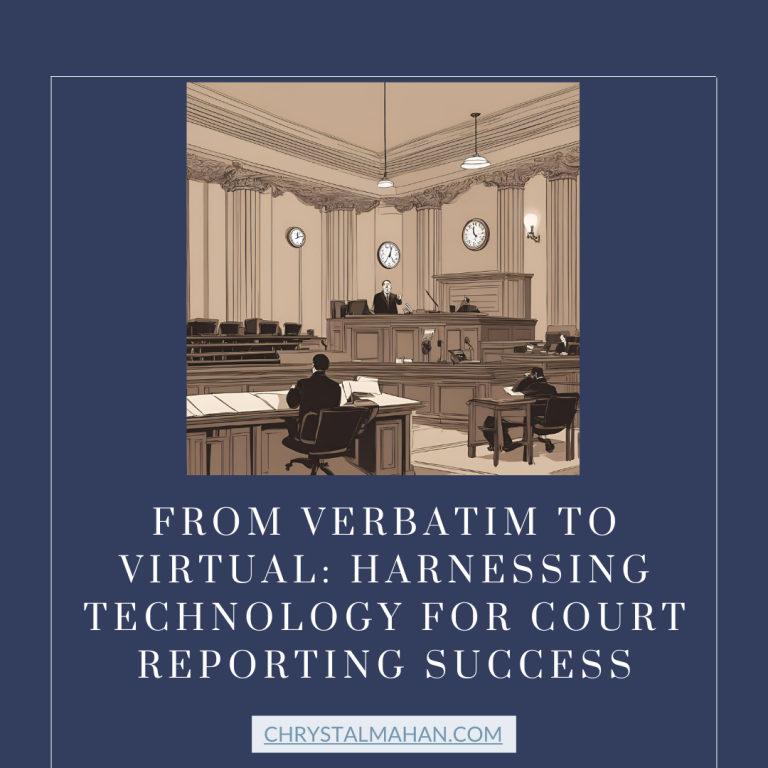Remote Online Notary vs. Mobile Notary: What’s the Difference


Notarization of legal documents is an essential part of many legal transactions. However, only some have the time, ability, or willingness to visit a notary in person. With the rise of technology, two types of notary services have emerged to address this issue – remote notary and mobile notary services. In this blog post, we will explore the differences between remote notary and mobile notary services and help you understand which service might be best for your needs.
Location of the Notary
The most significant difference between remote notary and mobile notary services is their location. A remote notary operates entirely online, while a mobile notary travels to meet clients in person. Remote notaries use audio-video technology to verify the signer’s identity and witness the signing of documents, whereas mobile notaries meet the client at a location of their choice to perform notarization services.
Method of Meeting
Remote notaries and mobile notaries use different methods to perform notarization services. Remote notaries use software that allows the signer and notary to communicate via audio and video. This technology enables notarization to occur entirely online, with the notary and signer in different locations.
On the other hand, mobile notaries meet clients in person and use traditional notarization methods. They verify the signer’s identity and witness the signing of documents in person. Mobile notaries are trained to perform all the duties of a traditional notary, including the proper recording and storage of notarized documents.
Convenience of Service
Remote notary services are convenient for signers who can’t travel to a notary’s office or want to avoid meeting in person. They enable signers to notarize documents from the comfort of their own homes. Remote notaries are available 24/7 and can perform notarizations at any time, which can benefit individuals working odd hours.
Mobile notary services are convenient for signers who prefer to have the notary come to their location. They can travel to the signer’s home, office, or any other location, saving the signer time and effort. Mobile notaries can also perform notarizations outside of regular business hours, benefiting individuals who work long hours or have busy schedules.
Legal Requirements for Notary Services
The legal requirements for remote notary services vary by state. Some states do not permit remote notarization, while others have specific requirements that remote notaries must follow. For example, in some states, remote notaries must maintain a recording of the audio-video session used to notarize the document. Mobile notaries are subject to the exact legal requirements of traditional notaries. They must verify the signer’s identity, witness the signing of documents, and keep a record of the notarization.
Cost of Notary Services
The cost of remote notary services may be lower than mobile ones due to the absence of travel expenses. Remote notaries do not have to travel to the signer’s location, which can save them time and money. However, some remote notaries may charge higher fees due to the cost of the software and technology needed to perform notarizations online. Mobile notary services may charge more due to the cost of travel and the time it takes to travel to the signer’s location.
What Notary Services Are Right For You?
Remote and mobile notary services have advantages and disadvantages. Remote notary services are convenient for individuals who can’t travel to a notary’s office or prefer to have their documents notarized online. Mobile notary services are convenient for individuals who like to have a notary come to their location. Ultimately, the choice between a remote online or in-person mobile notary is up to the client.
Like what you read? Drop me a line – let’s chat over virtual coffee.
~ Chrystal
Check out more about my Notary services on Anywhere Notary.






